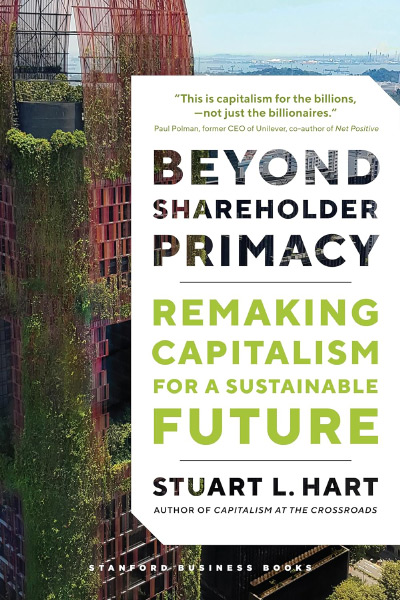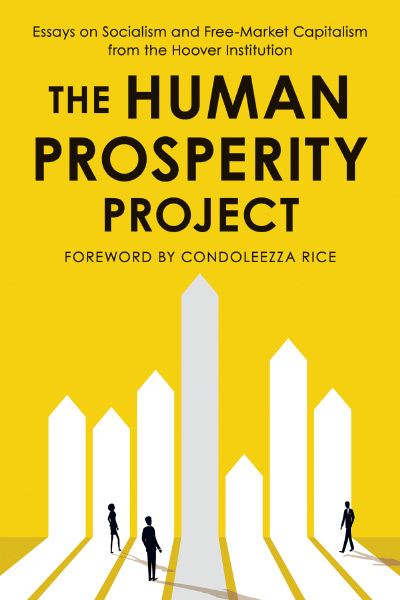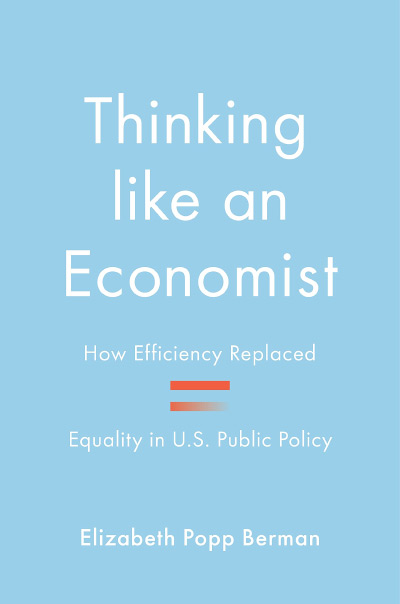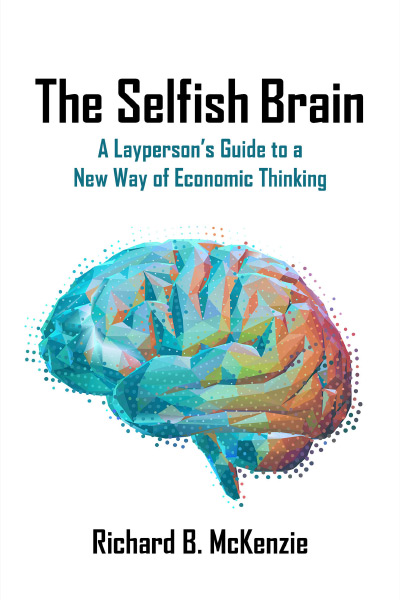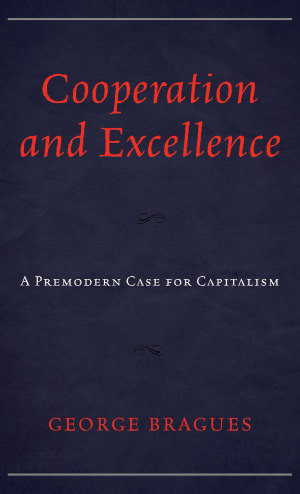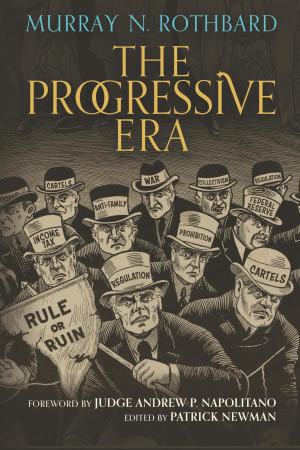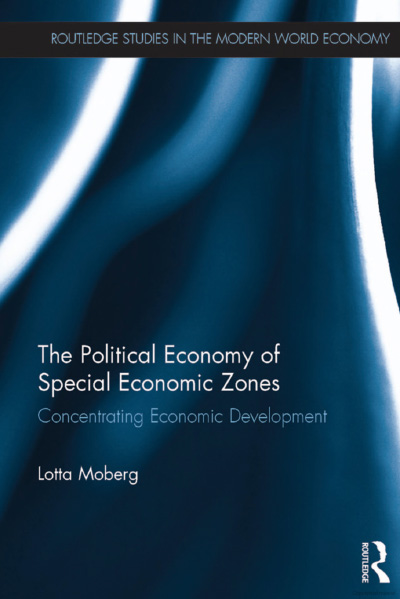Since at least the time of Plato and Aristotle, philosophers have debated the nature of man. Some contend that by taking a bite of the forbidden fruit in the Garden of Eden, man was forever condemned to self-interested behavior, but others think he is perfectible. The answer leads to the question of how best to coordinate human action in society. Can we depend on selfless behavior to induce cooperation? Or must we harness selfish behavior by means of property rights, laws, and government?
Matt Ridley, a biologist by training and a celebrated journalist, takes up these questions in his latest book, The Origins of Virtue: Human Instincts and the Evolution of Cooperation. This is one of the most important books I have read in the last ten years, ranking with such great works as Thomas Sowell’s A Conflict of Visions. Ridley’s book is significant because it links the philosophical debate about the nature of man with the scientific revolution of sociobiology.
To set the stage, consider “the games economists play.” Nearly every introductory economics class introduces students to the prisoner’s dilemma or the tragedy of the commons. In their simplest form, these games involve two strangers who do not communicate; each can make himself better off at the expense of the other. According to standard economic theory, self-interested individuals will defect from cooperation, underproducing public goods and overexploiting the commons.
Ridley finds this implication untenable because most of the games we play involve repeat dealings where communication and reputation are important. As he puts it, “In a society of individuals that you recognize and know well, you need never play the prisoner’s dilemma blindly. You can pick and choose your partners” (p. 70). Body language, words, appearance, and group membership are a few of the signals that convey to fellow players how we will play the game.
Even when the games are impersonal, however, cooperation is common. Consider some results from Vernon Smith’s economics laboratory. In experiments where pairs of strangers are given a choice of self-regarding or other-regarding behavior, Smith finds that reciprocity “appears to be a deliberate, stable and profitable strategy for at least half the population even under the unfavorable conditions of anonymity” (Vernon Smith, “Property Rights as a Natural Order: Reciprocity, Evolutionary, and Experimental Considerations,” in Who Owns the Environment? edited by P. J. Hill and R. Miners [Lanham, Md.: Rowman and Littlefield, forthcoming]).
Ridley calls this kind of cooperation “virtue” and attempts to explain it. He begins with a review of the revolution that took place in biology in the 1960s—the rise of sociobiology. According to sociobiologists, animals and plants do not behave so as to enhance the survival of their species; rather, they behave so as to enhance the survival of their genes. Selfless behavior may increase the chances that one’s genes will survive.
For Ridley, sociobiology holds the key to explaining cooperation. As he puts it, sociobiology, “far from being a bleak and Hobbesian injunction to go out and ignore the good of others, is in fact the very opposite. It makes room for altruism after all” (p. 20). Of course, we may not be as selfless in relation to people more and more distant from us, but the propensity of people is to be on the lookout for cooperation. As a result, Ridley concludes, “the conspicuously virtuous things we all praise—cooperation, altruism, generosity, sympathy, kindness, selflessness—are all unambiguously concerned with the welfare of others. . . . Consciously or implicitly, we all share a belief in pursuing the greater good. We praise selflessness and decry selfishness” (p. 38).
Social ostracism raises the returns from having a reputation for cooperating. “If people can recognize defectors, they can simply refuse to play games with them” (p. 81). Under these conditions “there is a new and powerful reason to be nice: to persuade people to play with you. The reward of cooperation, and the temptation of defection, are forbidden to those who do not demonstrate trustworthiness and build a reputation for it. Cooperators can seek out cooperators” (p. 82). Thus, as Ridley affirms, “getting to know your neighbor” is worthwhile.
According to Ridley, private property is the institution that makes cooperation more likely. In chapter 12, “The Power of Property,” he shows how private ownership of the environment leads to gains from trade and hence provides the incentive to cooperate. With property rights to land, water, wildlife, and other resources well specified, individuals can gain from trade and will have reasons to cooperate with one another to enjoy those gains.
Although I like Ridley’s conclusion, which builds on and substantiates my own research regarding “enviro-capitalists” (Terry L. Anderson and Donald R. Leal, Enviro-Capitalists: Doing Good While Doing Well [Lanham, Md.: Rowman and Littlefield, 1997]), I think he places too much emphasis on evolution alone. His analysis leaves little if any room for individual choice. To choose defection when in a “prisoner’s dilemma” may not be a long-term survival trait, but it certainly can pay well in the short term.
Ridley hangs too much of his argument on the gains from “truck, barter, and exchange” without allowing the possibility that humans simply choose to be nice to one another. For this reason I regard the subtitle of the book, “human instincts and the evolution of cooperation,” as a better description of what Ridley explains than “the origins of virtue.” The book deals more with cooperation than with virtue.
Indeed, the invisible hand of cooperation in markets can get some assistance from the invisible hand of virtue. Francis Fukuyama, in Trust: The Social Virtues and the Creation of Prosperity (New York: Free Press, 1995), contends that “the greatest economic efficiency was not necessarily achieved by rational self-interested individuals but rather by groups of individuals who, because of a preexisting moral community, are able to work together effectively” (p. 21). Hence, “the most effective organizations are based on communities of shared ethical values. These communities do not require extensive contract and legal regulation of their relations because prior moral consensus gives members of the group a basis for mutual trust” (p. 26). The “social capital” of trust is not the result of sociobiology but is acquired, and the acquisition requires an investment in the values of the communities in which we live. Ridley puts too little emphasis on socially inculcated virtues that induce us to impose costs on ourselves to make others better off.
We all have choices to make about virtue, and those choices are reflected in the communities in which we live, work, socialize, and worship. If we can develop communities where cooperation is encouraged and even rewarded, gains from trade can be even greater.
Cultivating virtue requires careful attention to our morals and to our associations that encourage cooperation with others. In his last paragraph Ridley recognizes the importance of this vigilance:
For St. Augustine the source of social order lay in the teachings of Christ. For Hobbes it lay in the sovereign. For Rousseau it lay in solitude. For Lenin it lay in the party. They were all wrong. The roots of social order are in our heads, where we possess the instinctive capacities for creating not a perfectly harmonious and virtuous society, but a better one than we have at present. We must build our institutions in such a way that they draw out those instincts. Pre-eminently this means the encouragement of exchange between equals. (p. 264)
This exchange cannot be confined to goods and services; it must also include the voluntary exchange of the ideas from which virtue evolves.
Despite his emphasis on how humans build virtue in their genes, rather than in their minds, Ridley does direct our attention toward the virtuous glue that really holds society together. With its “unhealthy interest in the subject of self-interest” (p. 146), the economics paradigm overlooks virtue as the principal means by which humans reduce transaction costs and foster the coordination of human action. For this reason, The Origins of Virtue is must reading for the dismal scientists and should not be ignored by more sanguine moral philosophers.
| Other Independent Review articles by William L. Anderson | |
| Winter 2020/21 | Same Players, Different Game: An Examination of the Commercial College Athletics Industry |
| Summer 2013 | Rents and Race: Legacies of Progressive Policies |
| Summer 2004 | Law as a Weapon: How RICO Subverts Liberty and the True Purpose of Law |



